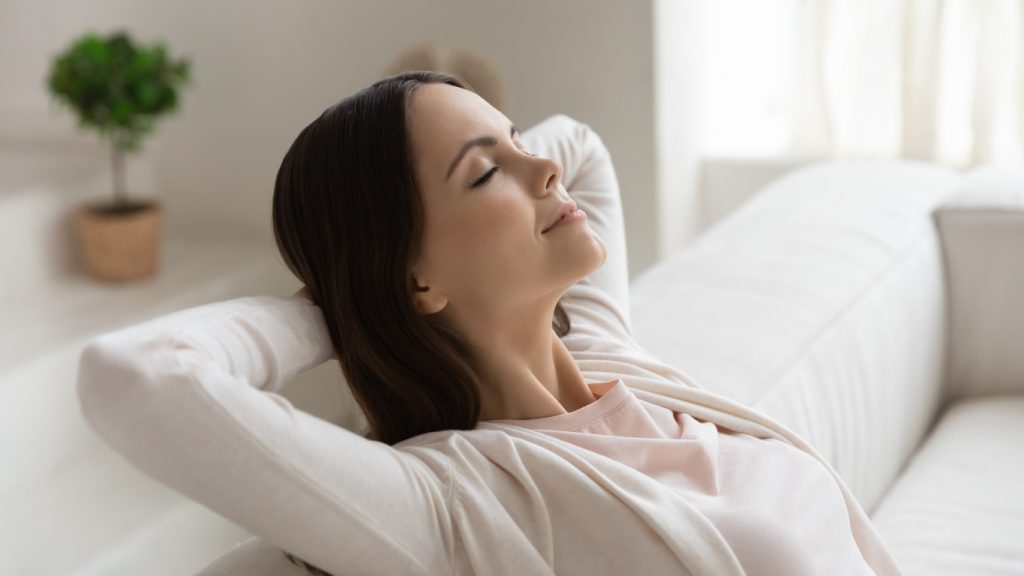As the global tourism industry steps up in 2022 with some of the least restricted travel in over two years, people are enjoying travel significantly more than the first 18 months of Covid-19. Along with this obviously brings accommodation and, needless to say, some of the highest exposure to sickness as more communities open up.
Leading scientists proved in 2021 that Covid-19 is an airborne respiratory illness, not solely a surface virus that infects by being transmitted from the hands by touching the face. This is a revolutionary conclusion that was proven time and again. Why? Because it changes 90% of how we tackle infection control.
The best ways to prevent transmitting or contracting Covid, are to
- Wear an N95 mask.
N95 masks seal the nose and mouth and prevent any air escaping, meaning it is filtering out the airborne viruses. A surgical mask or cloth mask will not prevent contracting the virus, it may reduce the risks somewhat.
- Implement HEPA Filtration
Because Covid is an airborne contaminant, the best way to address that is to remove it from the air. This is simpler than many think.
HEPA Filtration stands for High Efficiency Particulate Air Filtration and is an extremely fine mesh of microscopic fibres, so fine that it traps particles (in the case of Aeris) down to 0.1 microns (0.001mm) with 99.95% efficiency.
Covid particles attach naturally to particles in the air like dust, other aerosols, moisture and more, so putting the air through a HEPA filter will drastically improve air quality by removing these particles.
Finding accommodation with a HEPA filter installed would ensure not only the chances of catching Covid are reduced, but all other airborne respiratory diseases. Also, any pollutants are removed from the air which may be being circulated by the HVAC system.
One thing to look for if there is any kind of air purifier in your hotel is whether there are any additive technologies. Examples of these include
- Ionisers
- UV-C
- Humidifiers
- Plasma
Some of these systems can be more detrimental to the respiratory system than beneficial. An ioniser charges the air, usually with negative ions, so that the particles are attracted to surfaces. Including your lungs. Plasma is a similar idea. The purpose of this is to remove the particles from the air by putting them onto a surface. UV-C is a very effective way to kill viral particles, however is a known catalyst to turn oxygen into Ozone, which is a form of oxygen that is very harmful to the respiratory system.
In short, look for systems that are pure HEPA filtration. An added bonus would be on units such as the Aeris aair 3-in-1 Pro, which has an anti-microbial treatment that kills viruses, bacteria, mould, spores and other VOCs.
HEPA filters are hugely beneficial to air quality; the pandemic and other events have brought to the fore a systemic air quality issue that has been overlooked for too long. Professionals and academics liken it to the water quality revolution of the late eighteenth/early nineteenth century in London. An engineer by the name of John Snow revolutionised the sewerage system in London and the government spend today’s equivalent of billions of dollars on a system that improved water quality. The result was a major decrease in sicknesses such as cholera.
Make your move today to implement air purifiers to improve air quality and reduce sickness.
